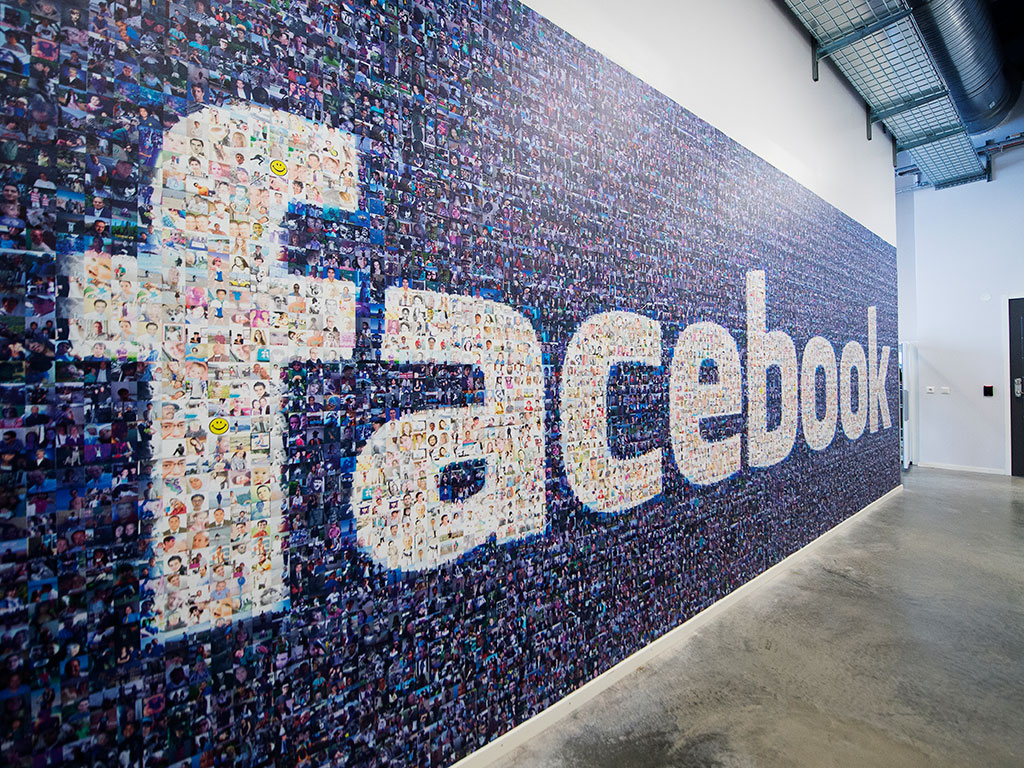Facebook opens Parisian lab to explore artificial intelligence
The social media giant has established a new AI research team in Paris, as it looks to make good on the EU’s AI research community

Facebook is keen to immerse itself in artificial intelligence, as it could help the company develop tools such as its news feed. It has announced it is to open a lab to research the technology in Paris
Facebook has underlined its commitment to artificial intelligence with the announcement that it will open its first AI lab outside of its native US, this time in Paris; adding to its existing teams in Menlo Park and New York. The Paris team builds on Facebook’s AI Research programme – or FAIR – so that the company might more easily “sort through all this information so you can better understand the world around you and more effectively communicate with the people who are important to you,” according to a statement.
Home to some of the highest experts in the field, France has been chosen as an ideal destination for the project
Facebook’s bet on AI is important, with the company increasingly struggling to keep tabs on the millions of posts and photos that are uploaded each day to the social media site by its more than one billion users. “[The] Paris team will work on ambitious long-term research projects in image recognition, natural language processing, speech recognition, and the kinds of physical and logical infrastructure required to run these AI systems. It’s our hope that this research will ultimately help us make services like News Feed, photos and search even better and enable an entirely new set of ways to connect and share.”
Currently, the focus falls on computing photo uploads, and on making sure newsfeeds are more closely in keeping with individual preferences. However, Facebook sources have stated that the logical next step is language processing, which, if successful, would give machines the capacity to process complex sentences.
Home to some of the highest experts in the field, France has been chosen as an ideal destination for the project, as the company strives to make meaningful progress in the field. Though the project has been underway for little over a year, Facebook has talked-up its achievements so far on this front, and suggested that it could soon emerge as a leading name in AI technology.













